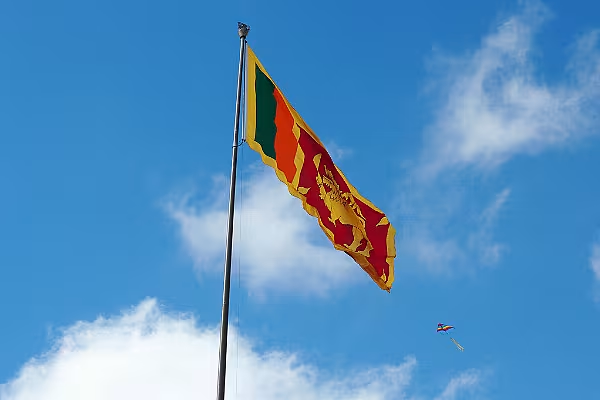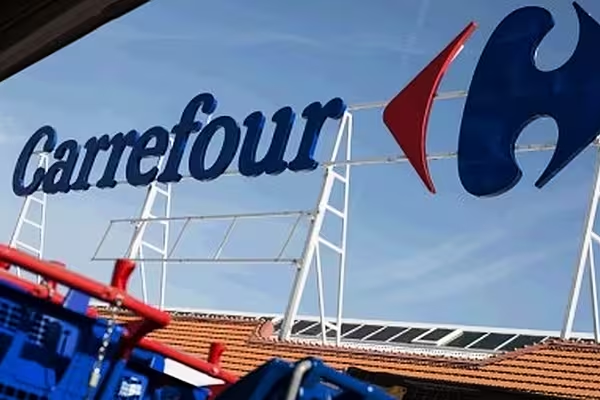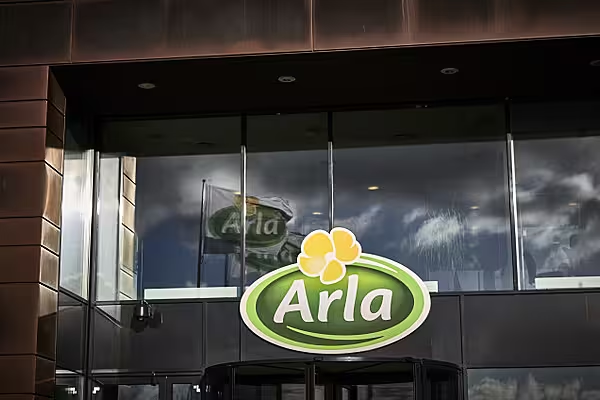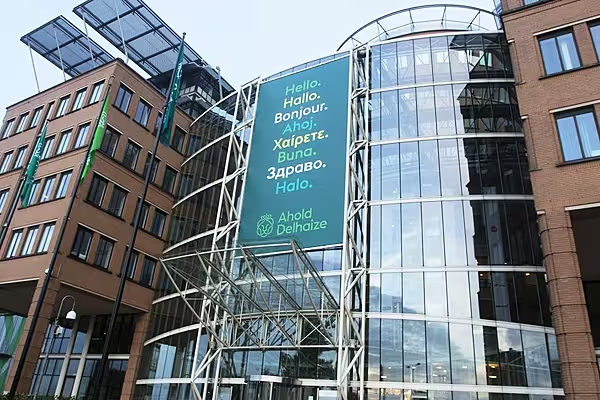Sri Lanka's consumer price inflation rate jumped to 4.2% year-on-year in December driven by rising food prices, official data showed, although it remains well below record high levels seen at the height of the country's financial crisis.
Food prices rose 1.6% in December after falling 2.2% in November on the year, the Department of Census and Statistics said in a statement.
Prices for non-food items, however, fell 6.3% in December from 7.1% year-on-year in November.
The National Consumer Price Index captures broader retail price inflation and is released with a lag of 21 days every month. It rose from 2.8% in November.
'Record High Inflation'
Sri Lanka racked up record high inflation that peaked at 70% in September 2022 after its economy was pummelled by the worst financial crisis in decades, triggered by a plunge in foreign exchange reserves.
Supported by a $2.9 billion bailout from the International Monetary Fund, inflation began to decline from last June but is likely to increase from January as Sri Lanka raises value-added tax to 18% from 15% to meet revenue targets set by the IMF.
Targets to improve public finances, which included raising power prices by 18% in October, have also hit inflation, analysts said.
"We expect inflation to be just below 5% at the end of January ... despite increased taxes," said Dimantha Mathew, head of research at First Capital Research, adding that still low demand would keep a lid on prices.
"Inflation spikes will be short-lived because of the high base effect from last year."
The Central Bank of Sri Lanka (CBSL) is expected to leave its key policy rates unchanged on Tuesday to control inflation after cutting interest rates by 650 basis points since it started an easing cycle in June 2023 to help fuel an economic recovery from recession last year.











